Protein: It's What's For Dinner
By Emma Williams
In the world of health and fitness, protein intake is a far less controversial topic than carbohydrate and fat. For the most part, athletes understand that they must take in adequate protein to aid in muscle recovery and growth. What is important to understand is how much protein you should actually be eating, how you should source it, and when you should eat it.It is likely that, if you have never thought about how much protein you should be getting, you’re not getting enough. If you start your day off with a bagel or toast, and lunch is a sandwich with a couple thin slices of deli meat in the middle, you have already missed out on two opportunities to get in a good chunk of your protein for the day.A good rule of thumb is that for every pound of your body mass, you should take in one gram of protein. If you are a 150 pound female, then you should be eating 150 grams of protein daily in order to maintain lean body mass. To put things in perspective, your 150 grams of protein in a day could look like three eggs, two slices of bacon, a scoop of whey protein powder, and two six-ounce portions of lean meat like steak or chicken. If you want to know more details about how much protein your favorite foods contain, Mark Sisson has a great article on his website Mark’s Daily Apple.Of course, organic and pasture-raised meats, pastured eggs, and dairy from grass-fed animals are the best sources of protein. These proteins come from healthy animals and are packaged with omega 3 fatty acids. For many people, however, these are too expensive. If that’s the case for you, don’t give up on animal proteins altogether, but stick with lean cuts of meat like chicken breast and less fatty steaks, as they contain less of the omega 6 fats that you’re trying to avoid.It is very difficult to take in adequate protein on a plant-based diet. Many of the staples of these diets, like rice and beans, or pea protein, contain forms of protein that are more difficult for your muscles to make use of, and they also come packaged with a large carbohydrate load and compounds that block the absorption of other nutrients in your body. If you absolutely won’t eat meat, then you’ll be downing a lot of eggs, cheese, and protein powder in order to hit your daily quota.While it is important to get your protein in throughout the day, the most important time to make sure you’re getting adequate protein is the post-workout meal. It is also the time of day your body actually favors liquid nutrition. Whey protein has been shown to increase glutathione (the “master antioxidant”) levels, and to reduce systemic inflammation, so it may have benefits beyond its protein content. However, it also elicits an insulin response, so most people will only want to take it right after a workout, when the body is most sensitive to insulin. If you have no problems digesting whey protein, then a protein shake shortly after you finish working out is an excellent option. If you do not tolerate whey, egg white protein powder is another great option.Keep in mind that the 1 gram per pound of body mass is the amount of protein required to maintain lean body mass, not to gain muscle. If you’re looking to pack on a few pounds of muscle or just to improve your recovery and your performance in the gym, then you’re going to need to incorporate some more protein into your diet. This is a simple fix – either increase your portion sizes, or have some protein-rich snacks like jerky if eating larger meals is tough for you. If you are trying to lose weight, it’s fat you are trying to lose, certainly not lean body mass, so never skimp on protein. Instead, reduce your carb or fat intake in order to reduce your overall caloric load.


